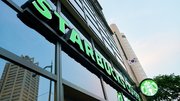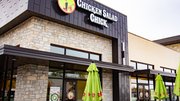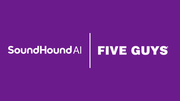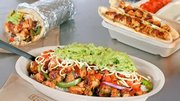Article
Airport security measures hardly impact store sales
Panda Express and Starbucks do not anticipate major bumps. But some experts say it's too early to judge.
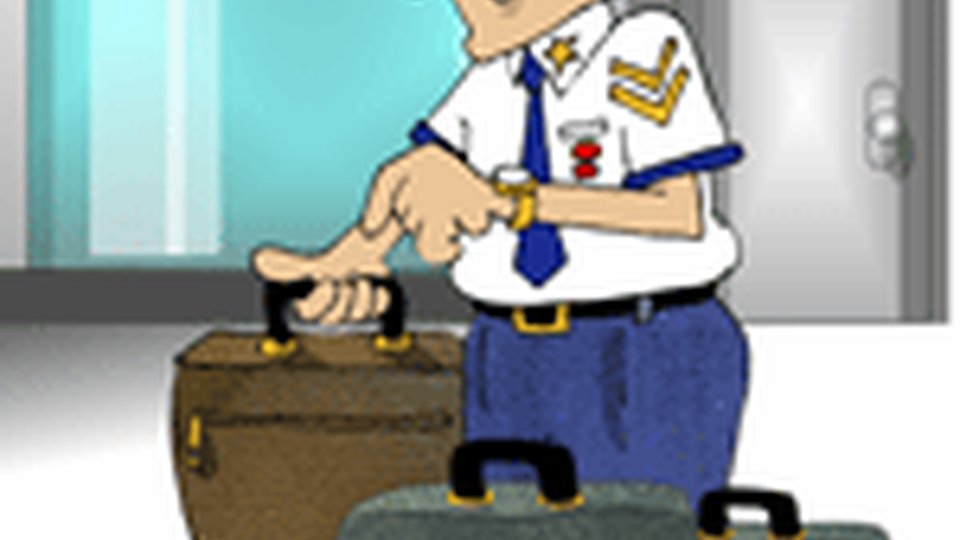
August 14, 2006
After United Kingdom officials found liquid bomb materials on alleged terrorists last week, the Department of Homeland Security has implemented long-term security measures to thwart similar plots.
The U.S. government is now prohibiting any liquids, including beverages, hair gels, and lotions from being carried on the airplane. Homeland Security Secretary Michael Chertoff said travelers should also anticipate additional security measures within the airport and at screening checkpoints.
 This story and all the great free content on Fast Casual is supported by: Mid-Atlantic Food, Beverage & Lodging EXPO September 20-21, 2006  |
But what do these increased security measures mean to the airport restaurants such as Bakery & Café, Au Bon Pain and Panda Express, and for major airport contract feeders like Aramark and Delaware North? Edward Hasbrouck, author of the Practical Nomad by Avalon Travel, said airport restaurants will greatly benefit from these new restrictions. He said people will show up earlier just so they can eat.
"If people are not allowed to take food or beverages through security check points, they are more likely to buy from beyond checkpoints," Hasbrouck said.
But others believe that the increased security will hurt brands like Starbucks and Peet's Coffee and Tea, which offer hot beverages many passengers formerly enjoyed on the plane.
A spokeswoman for Starbucks said she wasn't concerned. "We are seeing no business impact as the result of the limitations," said Valerie O'Neil, Starbucks media relations. She said Starbucks serves food and beverages, so there are still business opportunities beyond the drink.
Panda Express Atlanta Airport restaurant reported a 15-percent sales increase after the regulations were established, said Ceres Wood, vice president of non-traditional development.
"We contacted four of our stores that are located in airports, and only Atlanta saw a sales bump," Wood said.
Private investor Michael Canfield saidit's much too soon to assess whether the ban will have any impact on at-airport revenue.
"As travelers become more and more used to terror alerts, as well as accepting of whatever carry-on restrictions are imposed, these changes will have less of an effect on the economy," Canfield wrote at BloggingStocks.com.
The toughest pill for airport vendors to swallow might be the increased security measures on them. At airport duty-free shops, wines, liquors and perfumes are not for sale. Susan Chen, who has worked a duty-free store at the San Jose Airport for nearly 12 years, said liquor and perfume are normally her two biggest-selling items.
"Only chocolate and cigarettes," Chen told Mercury News. She said she had to throw out her own hand sanitizer and lotion to get to work in the morning. But that's not really been the case for Panda Express.
"While staff has been undergoing increased security screenings as well as food deliveries, our restaurants haven't reported any problems or shortages," Wood said.
Hasbrouck said the greatest impact will be felt by the international businesspeople and travelers. Since the Transportation Security Administration banned carry-on fluids, duty-free sales have slumped from Singapore to the Cayman Islands. The Nuance Group, which runs duty-free shops in most Canadian airports, said sales are down almost 75 percent.
"How much do these restrictions discourage people from traveling here from Germany or other countries? That is imponderable," Hasbrouck said. "But one thing is for sure, we have a lot of competition to draw international travelers. It's a big world out there."
 ChatGPT
ChatGPT Grok
Grok Perplexity
Perplexity Claude
Claude

